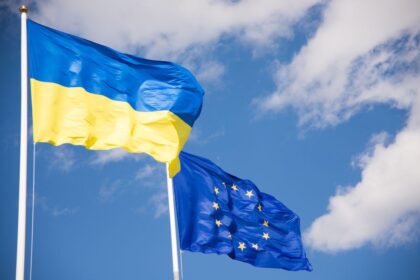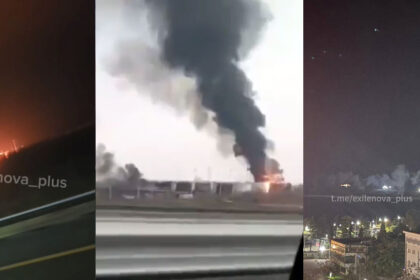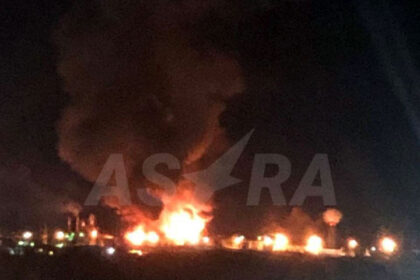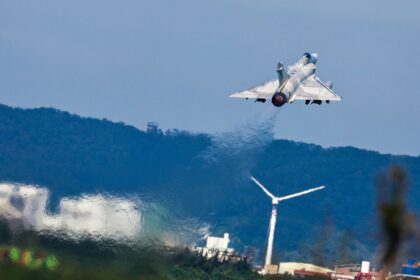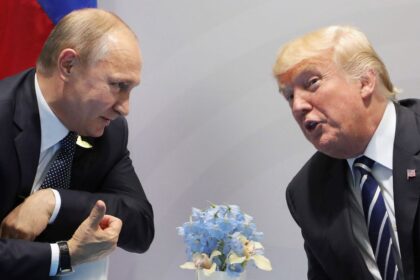**NATO Strengthens Eastern European Missile Defenses to Counter Russian Threats**
In a move aimed at countering Russia’s growing military presence in the region, NATO is planning to enhance its missile defense systems on its eastern flank. This development comes as the alliance faces increasing pressure from Moscow, according to a report by Bloomberg.
Citing unnamed sources, Bloomberg reported that for the first time, NATO member states are considering combining their ballistic missile shield with other integrated missile defense assets. This integration would create a more comprehensive air and missile defense network capable of addressing threats from any direction in the future.
**A Shift in Focus**
The proposed changes suggest a shift in focus for NATO’s military strategy, moving away from its previous stance that the systems were intended to counter potential long-range threats from Iran, rather than Russia. Moscow has long opposed NATO’s missile defense infrastructure, particularly the U.S.-built interceptors deployed in Poland and Romania.
This move comes as NATO ramps up its defense posture more than three years after Russia launched its full-scale invasion of Ukraine. The alliance recently agreed on the most ambitious new weapons targets since the Cold War, with Secretary General Mark Rutte calling for a “quantum leap” in defense investment to address the enduring threat from Russia.
**A Growing Concern**
The integration of missile defense systems is part of a broader strategy to reinforce NATO’s eastern flank. However, some officials have raised concerns about how this might affect peace efforts in Ukraine and whether the United States will fully support the integration.
In a separate development, Bloomberg reported that NATO is deploying a new satellite surveillance system aimed at monitoring military activity in Ukraine and along the alliance’s eastern borders. The system, known as Smart Indication and Warning Broad Area Detection (SINBAD), uses AI-powered analysis to scan large areas and detect potential threats with unprecedented frequency.
**A Response to Russian Aggression**
This move by NATO is seen as a response to Russia’s aggressive behavior in the region, particularly its invasion of Ukraine. The so-called “NATO expansion to the east” has been one of the key narratives used by Russian propaganda to justify its actions against Ukraine.
As Ukraine is invited to attend the upcoming NATO summit in The Hague on June 24-25, it remains unclear whether the initiative will still officially cite Iran as a threat or move fully toward addressing Russia. One thing is certain: this development signals a significant shift in NATO’s military strategy and a growing concern about Russian aggression.
Read More @ kyivindependent.com





